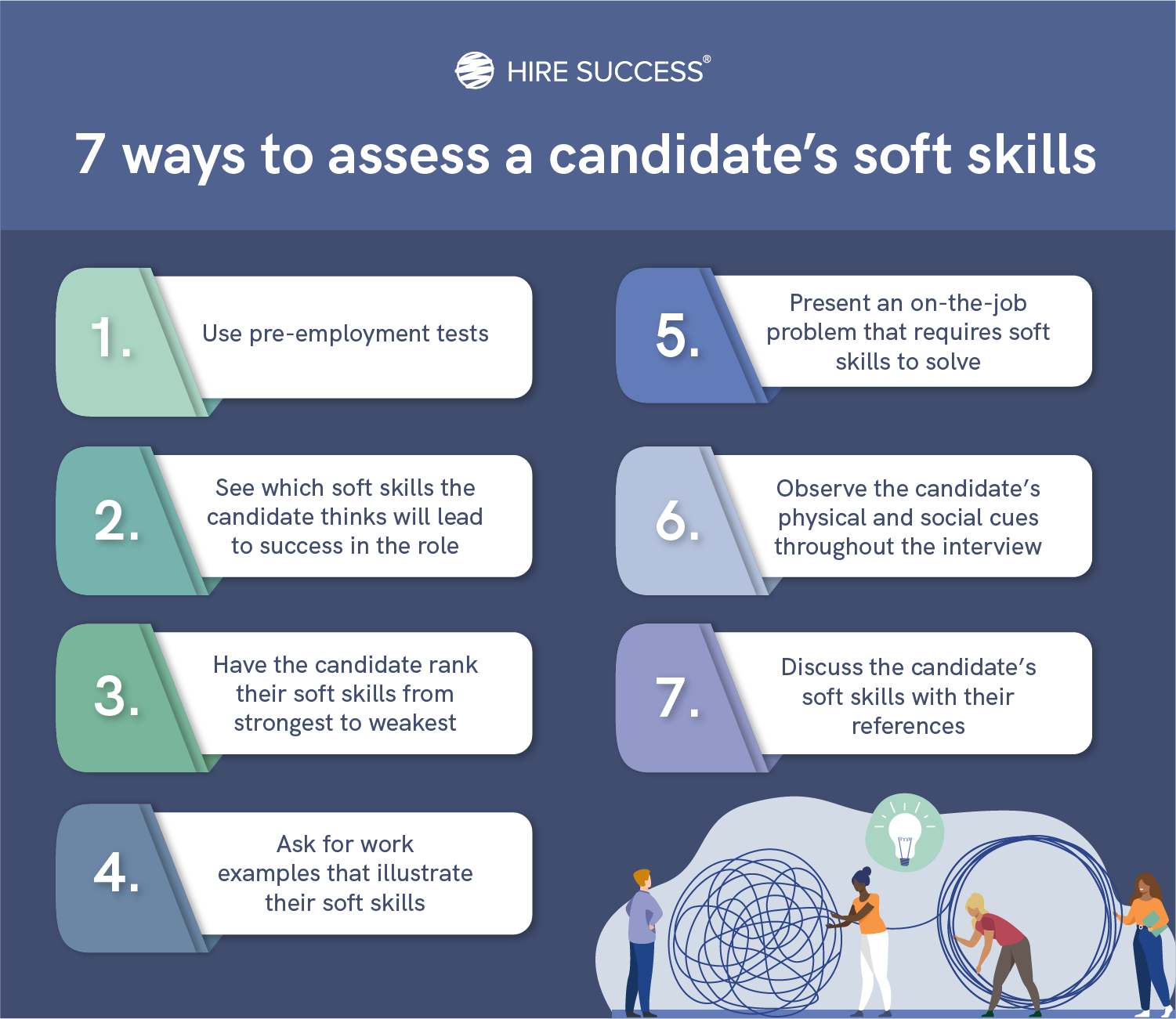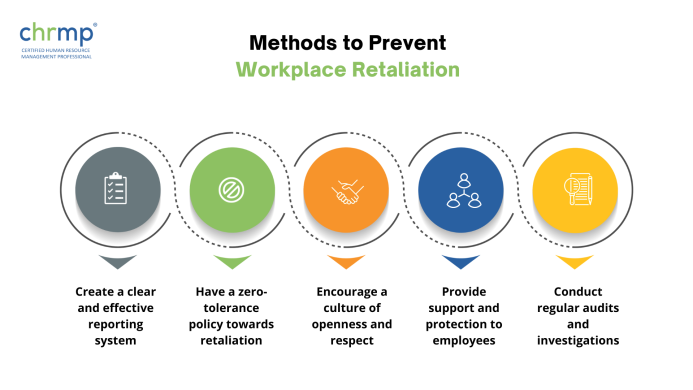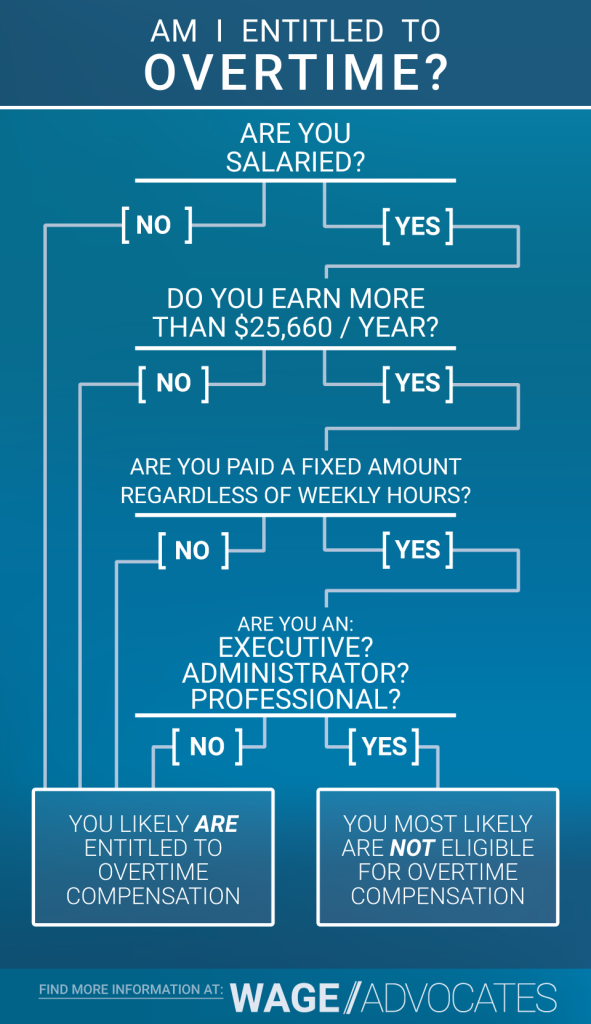
Assessing Soft Skills During Interviews: A Beginner’s Guide to Hiring for Success
In today’s fast-paced world, technical skills (or "hard skills") are undoubtedly important. They get candidates through the door and onto your interview list. But what truly sets an exceptional employee apart, and what helps teams thrive, are soft skills. These are the personal attributes that enable someone to interact effectively and harmoniously with others.
Imagine hiring someone who can code brilliantly but can’t explain their work to a teammate, or a marketing guru who crumbles under pressure. That’s where soft skills come in. They are the "glue" that holds teams together, drives innovation, and ensures a positive work environment.
This comprehensive guide will break down why soft skills are crucial, which ones to look for, and most importantly, how to effectively assess them during the interview process, even if you’re new to hiring.
Why Soft Skills Are Non-Negotiable in Today’s Workforce
While hard skills are about what a person knows, soft skills are about how they work. They are increasingly recognized as essential for several reasons:
- Improved Teamwork & Collaboration: Employees with strong soft skills work better together, resolve conflicts constructively, and contribute to a positive team dynamic.
- Enhanced Problem-Solving: Beyond technical knowledge, soft skills like critical thinking and adaptability help individuals navigate unexpected challenges and find creative solutions.
- Stronger Communication: Clear communication prevents misunderstandings, boosts productivity, and ensures everyone is on the same page.
- Better Customer Relations: For customer-facing roles, empathy, active listening, and patience are key to building rapport and ensuring customer satisfaction.
- Increased Adaptability: In a world of constant change, employees who are flexible and open to new ideas are invaluable.
- Positive Company Culture: A workforce rich in soft skills contributes to a respectful, supportive, and productive company culture, which in turn boosts morale and reduces turnover.
- Leadership Potential: Many soft skills, such as emotional intelligence, communication, and decision-making, are foundational for effective leadership.
Ignoring soft skills during the hiring process is like buying a car based only on its engine size, without checking the brakes, steering, or comfort – it might get you somewhere, but it won’t be a smooth or safe ride.
Key Soft Skills to Look For (And What They Mean)
Before you start assessing, it’s helpful to understand what some of the most sought-after soft skills actually entail:
- Communication:
- What it means: The ability to clearly and effectively convey information, ideas, and feelings, both verbally and in writing. It also includes active listening.
- Why it matters: Prevents misunderstandings, fosters clear instructions, and builds strong relationships.
- Problem-Solving:
- What it means: The capacity to analyze situations, identify issues, and develop practical, effective solutions.
- Why it matters: Employees can independently overcome obstacles, innovate, and contribute to continuous improvement.
- Teamwork & Collaboration:
- What it means: Working effectively with others towards a common goal, respecting diverse opinions, and contributing positively to group efforts.
- Why it matters: Essential for projects that require multiple inputs, fosters a supportive environment, and boosts collective output.
- Adaptability & Flexibility:
- What it means: The willingness and ability to adjust to new situations, technologies, changes in priorities, and different work styles.
- Why it matters: Crucial in dynamic environments, helps teams navigate uncertainty, and embraces innovation.
- Critical Thinking:
- What it means: The ability to objectively analyze information, evaluate arguments, and make reasoned judgments rather than simply accepting things at face value.
- Why it matters: Leads to better decision-making, helps identify root causes, and fosters strategic thinking.
- Emotional Intelligence (EQ):
- What it means: Understanding and managing one’s own emotions, and recognizing and influencing the emotions of others. Includes empathy, self-awareness, and social skills.
- Why it matters: Builds stronger relationships, improves conflict resolution, and creates a more harmonious workplace.
- Time Management & Organization:
- What it means: Efficiently planning and controlling how much time is spent on specific activities to increase effectiveness, efficiency, and productivity.
- Why it matters: Ensures deadlines are met, tasks are prioritized, and resources are used wisely.
- Initiative & Proactiveness:
- What it means: The ability to act and take charge without being told what to do, anticipating needs, and seeking out opportunities to contribute.
- Why it matters: Employees contribute beyond their basic duties, identify potential issues early, and drive progress.
You won’t look for all of these in every role. Focus on the 2-3 most critical soft skills for the specific position you’re trying to fill.
Preparing for Soft Skill Assessment: Before the Interview
Effective soft skill assessment starts long before the candidate walks through the door (or logs into a video call).
-
Analyze the Job Description & Role Needs:
- Go beyond the technical requirements. What challenges will this person face? Who will they interact with most?
- Example: A customer service role demands strong communication, empathy, and problem-solving. A software developer might need strong collaboration and critical thinking. A project manager needs excellent organization and adaptability.
- Action: List the top 2-3 soft skills essential for success in this specific role.
-
Define Desired Behaviors:
- Don’t just say "we need good communication." What does "good communication" look like for this role?
- Example for "Communication":
- Good: Explains complex ideas clearly, actively listens, asks clarifying questions, provides concise written updates.
- Bad: Dominates conversations, interrupts, uses jargon excessively, avoids direct answers.
- Action: For each key soft skill, brainstorm 2-3 specific, observable behaviors you’d like to see.
-
Craft Targeted Interview Questions:
- Generic questions ("What are your strengths?") rarely reveal true soft skills. You need questions that prompt candidates to share specific examples of past behavior.
- Action: For each key soft skill, prepare 2-3 open-ended questions designed to elicit real-world examples.
During the Interview: Techniques for Assessing Soft Skills
This is where the magic happens! Here are effective techniques to uncover those crucial soft skills:
1. Behavioral Interview Questions (The STAR Method is Your Best Friend!)
This is arguably the most effective way to assess soft skills. Behavioral questions are based on the idea that past behavior is the best predictor of future behavior. They usually start with phrases like: "Tell me about a time when…" or "Give me an example of a situation where…"
The STAR Method for Candidates (and How You Use It to Evaluate):
Encourage candidates to use the STAR method when answering your behavioral questions. This structured approach helps them provide complete answers, and helps you evaluate them systematically.
- S – Situation: What was the specific situation or challenge they faced? (Context)
- T – Task: What was their role or responsibility in that situation? (Their specific goal)
- A – Action: What specific actions did they take to address the situation or complete the task? (This is the most crucial part – look for "I" statements, not "we" statements only).
- R – Result: What was the outcome of their actions? What did they learn? (Quantifiable results are a bonus).
Examples of Behavioral Questions by Soft Skill:
- Communication:
- "Tell me about a time you had to explain a complex idea to someone without a technical background. How did you ensure they understood?"
- "Describe a situation where your communication style was misunderstood. What did you do to clarify?"
- "Give me an example of a time you had to deliver bad news. How did you approach it?"
- Problem-Solving:
- "Describe a challenging problem you faced at work and how you went about solving it. What was the outcome?"
- "Tell me about a time a project didn’t go as planned. What steps did you take to get it back on track?"
- Teamwork & Collaboration:
- "Give me an example of a time you had to work with a difficult team member. How did you handle it?"
- "Describe a project where you collaborated closely with others. What was your specific contribution, and what did you learn from the team?"
- "Tell me about a time you had to put the team’s needs before your own. What was the situation and result?"
- Adaptability & Flexibility:
- "Describe a time when your priorities suddenly changed. How did you adjust?"
- "Tell me about a time you had to learn a new skill or technology quickly. How did you approach it?"
- Critical Thinking:
- "Tell me about a significant decision you had to make recently. How did you gather information and evaluate your options?"
- "Describe a situation where you had to challenge the status quo or a long-held belief at work. What was your reasoning, and what happened?"
- Emotional Intelligence:
- "Tell me about a time you received constructive criticism. How did you react, and what did you do with the feedback?"
- "Describe a situation where you had to empathize with a frustrated colleague or customer. What did you do?"
- Initiative & Proactiveness:
- "Give me an example of a time you identified a potential problem before it became serious. What action did you take?"
- "Tell me about a time you went above and beyond your job description. What motivated you?"
2. Situational Interview Questions
These questions present a hypothetical scenario and ask the candidate how they would react. While behavioral questions look at the past, situational questions explore future potential.
- Examples:
- "Imagine a client calls furious about a mistake that wasn’t your fault. How would you handle the conversation?" (Assesses communication, emotional intelligence, problem-solving).
- "You’re working on a tight deadline, and a teammate asks for urgent help on a task you’re not directly responsible for. What would you do?" (Assesses teamwork, time management, adaptability).
3. Observation During the Interview
Don’t just listen to the answers; observe how the candidate behaves during the interview itself.
- Active Listening: Do they listen carefully to your questions, or do they interrupt or seem distracted?
- Body Language: Do they make eye contact? Do they seem engaged or closed off? (Be mindful of cultural differences here).
- Clarity and Conciseness: Do they answer questions directly and clearly, or do they ramble?
- Enthusiasm & Engagement: Do they show genuine interest in the role and your company?
- Questioning: Do they ask thoughtful questions about the role, team, or company? This indicates curiosity and critical thinking.
4. Follow-Up Questions
When a candidate answers, don’t just move on. Dig deeper!
- "Can you tell me more about that?"
- "What specifically did you do in that situation?" (Crucial for "Action" in STAR)
- "What was the biggest challenge you faced in that scenario?"
- "What did you learn from that experience?"
- "How would you approach that differently next time?"
5. Role-Playing or Simulations (For Specific Roles)
For roles where specific soft skills are paramount (e.g., sales, customer service, leadership), a short role-play can be incredibly insightful.
- Example: "Okay, let’s role-play. I’m a customer calling to complain about X. How would you handle this call?"
6. Group Interviews or Team Exercises (If Applicable)
If you’re hiring for a team-centric role, observing candidates in a group setting can reveal their collaboration, leadership, and communication styles. This is more common for larger organizations.
After the Interview: Evaluation & Decision Making
The assessment doesn’t end when the interview does.
-
Take Detailed Notes:
- Immediately after each interview, jot down specific examples and observations related to the soft skills you’re assessing. Don’t rely on memory.
- Use a consistent scoring rubric if possible (e.g., a scale of 1-5 for each soft skill).
-
Structured Scoring System:
- Create a simple scorecard for each candidate. List the key soft skills and assign a rating (e.g., 1-5) based on their answers and your observations.
- Add specific comments or examples that justify your score.
-
Debrief with the Interview Team:
- If multiple people interviewed the candidate, schedule a debrief session.
- Compare notes and discuss observations. Different interviewers might have picked up on different aspects of a candidate’s soft skills.
- Focus on concrete examples, not just "gut feelings."
-
Identify Red Flags vs. Green Flags:
- Red Flags (Potential Issues):
- Blaming others for past failures.
- Lack of specific examples; vague answers.
- Difficulty answering behavioral questions.
- Poor listening skills (e.g., interrupting, not answering the question asked).
- Negative comments about past employers or colleagues.
- Lack of curiosity (no questions for you).
- Overly focused on "I" without mentioning team contributions (if teamwork is key).
- Green Flags (Positive Indicators):
- Providing clear, detailed STAR examples.
- Taking accountability for challenges.
- Asking insightful, thoughtful questions.
- Demonstrating self-awareness and a willingness to learn.
- Expressing enthusiasm for collaboration and teamwork.
- Showing genuine empathy or understanding.
- Red Flags (Potential Issues):
-
Look for a Balance:
- Remember, very few candidates will be perfect in every soft skill. Prioritize the most critical ones for the role.
- Consider how their soft skills complement the existing team.
Common Mistakes to Avoid When Assessing Soft Skills
Even with the best intentions, it’s easy to fall into common traps:
- Not Preparing Targeted Questions: Relying on generic questions yields generic answers.
- Only Listening to "What," Not "How": Focus on the actions and behaviors described, not just the story itself.
- Ignoring Red Flags: Don’t overlook concerning behaviors because of strong technical skills or a charming personality.
- Confirmation Bias: Only hearing what you want to hear, or seeking information that confirms your initial impression.
- Lack of Consistency: Asking different questions to different candidates, making it hard to compare.
- Over-reliance on "Gut Feeling": While intuition has a place, it should be supported by concrete examples and observations.
- Not Training Interviewers: Ensure everyone involved in the hiring process understands how to assess soft skills effectively.
Conclusion
Assessing soft skills during interviews is no longer a "nice-to-have" but a fundamental component of effective hiring. By understanding the key soft skills, preparing targeted questions, utilizing techniques like the STAR method, and conducting thorough evaluations, you can significantly improve your chances of hiring individuals who not only possess the necessary technical expertise but also contribute positively to your team’s dynamics, productivity, and overall success.
Investing time in this crucial part of the hiring process will lead to stronger teams, a more harmonious workplace, and ultimately, a more successful organization. Start small, practice these techniques, and watch your hiring success rates soar!




Post Comment